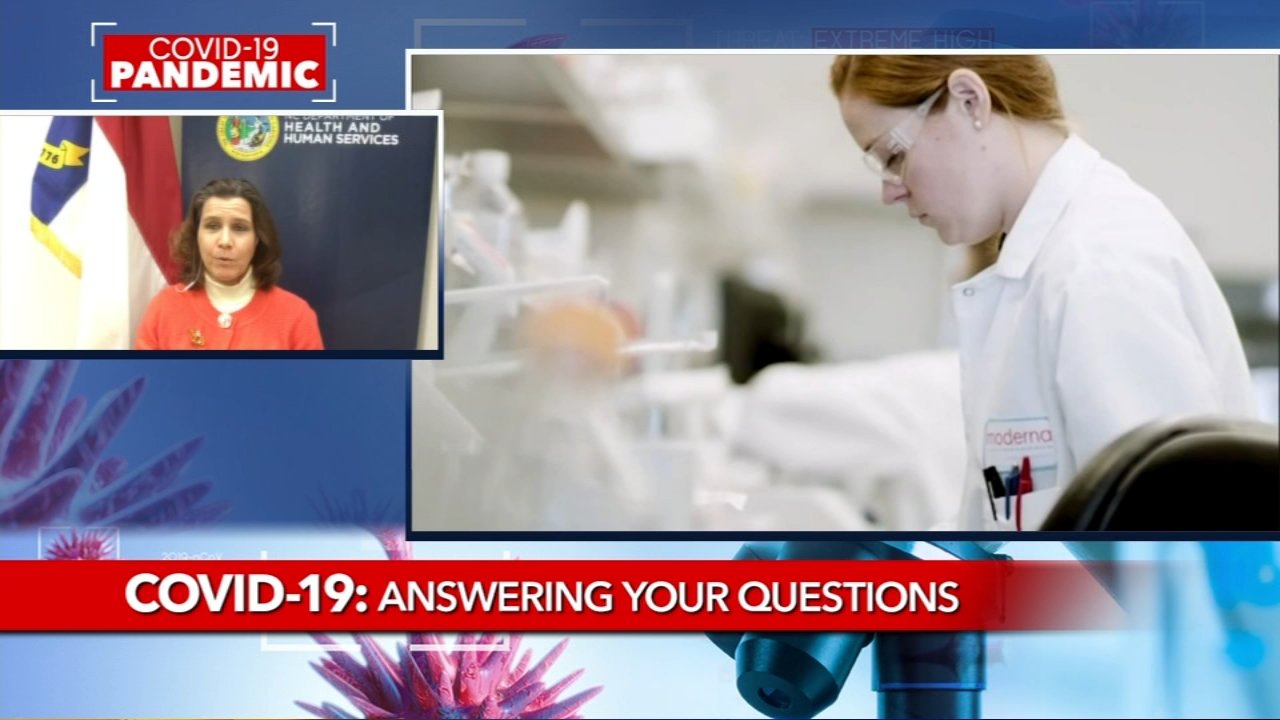The COVID-19 vaccine will require multiple doses. How officials plan to ensure compliance.
Thanksgiving is typically an opportunity for families and friends to gather, but the COVID-19 pandemic has significantly altered those plans. The hope is that a successful vaccine will make it possible for people to safely gather by this time next year.
Early results from vaccine trials released by Pfizer, Moderna, and AstraZeneca/Oxford University have been promising, with the FDA set to meet on Dec. 10 to discuss granting emergency use authorization for the Pfizer version.
However, there is now some scrutiny over the AstraZeneca/Oxford University results, which showed a regimen of half a dose, followed by a full dose was far more effective than two full dose shots.
Wednesday, AstraZeneca and Oxford University acknowledged that the use of a half dose during the trial was unplanned, and has led to some scrutiny to the overall results, as well as size and make-up of the testing group. Researchers are now trying to learn why the half dose/full-dose regimen performed better than the full dose regimen, the latter of which was found to be just 62% effective.
All three COVID-19 vaccines require multiple doses.
"It's very clear from the initial studies that have been published of Moderna and Pfizer that the second shot really makes a difference. Especially in older people," said Dr. Joseph Eron, the Chief of Division of Infectious Diseases at UNC's School of Medicine.
Dr. Eron also serves as an investigator for the Moderna vaccine trial, part of which takes place at UNC.
UNC doctor involved in Moderna trial talks difference from Pfizer vaccine, next steps in process

Doctors say some people often don't complete both administrations for other multi-dose vaccines, like MMR and chicken pox.
"There is a drop-off. It ranges between 30% of the full two-dose series to 80% of the full two-dose series. So there is definitely a drop-off there," said Dr. Sarah Armstrong, a professor of pediatrics at Duke.
"Two shots is definitely a concern. One should would absolutely be better, no question," added Dr. Eron.
The drop-offs occur most often in the population that has been most impacted by the pandemic.
"Minorities and people living in low-income households are the ones that are less likely to complete the required vaccinations," Dr. Armstrong said.
Those groups tend to face disparities in health care access and insurance coverage.
Even multi-dose vaccines can work differently, with some providing more immunization after the first shot than others.
"There are some viruses and some bacteria that we vaccinate against that one dose of the vaccine just doesn't provide full immunity in order to prevent illness if you were to be exposed to it, whereas priming the system allows your immune system to react to it once, create some memory and then when you get exposed to it a second time it really develops that full long term memory," said Dr. Armstrong, about why some vaccines require multiple doses.
North Carolina health officials are working on reporting and tracking systems to monitor administration and scheduling in an effort to ensure people follow-through with the complete vaccination.
Q&A: NC's top doctor on whether COVID-19 vaccine will be approved for kids, pregnant women

A draft of the Interim COVID-19 Vaccination Plan Executive Summary, published by NCDHHS last month, discussed secondary-dose reminders:
"Robust data, reporting and performance tracking systems are under development for managing provider enrollment, vaccine dose administration, patient scheduling, patient doses and vaccine ordering records. Reports and dashboards for heterogeneous internal and external audiences will also be developed. North Carolina is exploring the use of the federally supported web-based Vaccine Administration Management System application as well as an alternative end to end system to support data collection and tracking efforts. These systems will allow us to track doses administered and support second dose reminders via these data collection systems and provider systems as well as the vaccine administration cards provided at the time of administration."
Dr. Armstrong is hopeful that people complete the vaccine regimen, even if they initially experience side effects.
"Similar to after you exercise, your muscles are sore and it hurts a little bit, but also it tells you that you did something good for your body. And they're sore because you exercised them and they're telling you thank you. Same thing with a vaccine. I say when it's sore the next day, that means it's working. That means it's protecting you and spreading throughout your body like a force field," said Dr. Armstrong.
Dr. Eron said the strong results from all the trials should inspire people to take the vaccine.
"(90-95% effective rates) are unbelievably good for a respiratory virus, so I think that will wake people up," Dr. Eron said.
While studies are still ongoing for all three vaccines, none have reported serious cases.





